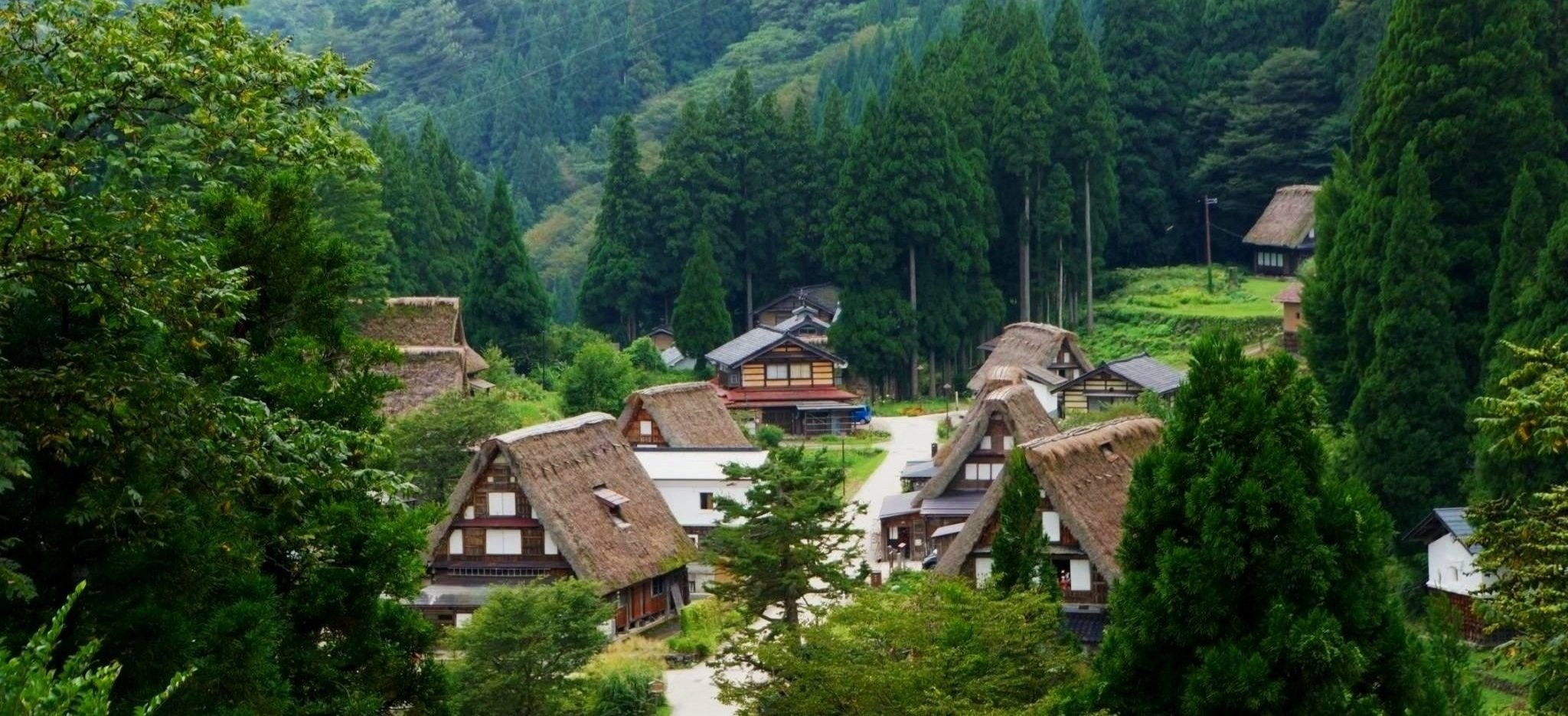
Minka Summit 2024
What’s New?
We are busy planning Minka Summit 2024 and are certain that this will be the best summit so far!
We are thrilled that many people will be returning as speakers, workshop leader, panelists, NPO organizations, author booths, food and artisan vendors, and participants.
We are also very excited that there will be a number of new faces speaking, leading workshops, and having booths at the summit this year - as well as new events.
In this platform over the coming weeks leading up to the summit we will take a moment to share the latest news about Minka Summit 2024!
Don’t miss what is certain to be a fascinating presentation by Christmas and Yuta Uchichiyama on Friday afternoon, April 19th!
“Dynamic practices for building experience of “sharing” and social common capital: House renovation in Tamba-Sasayama with rich “nature”
-
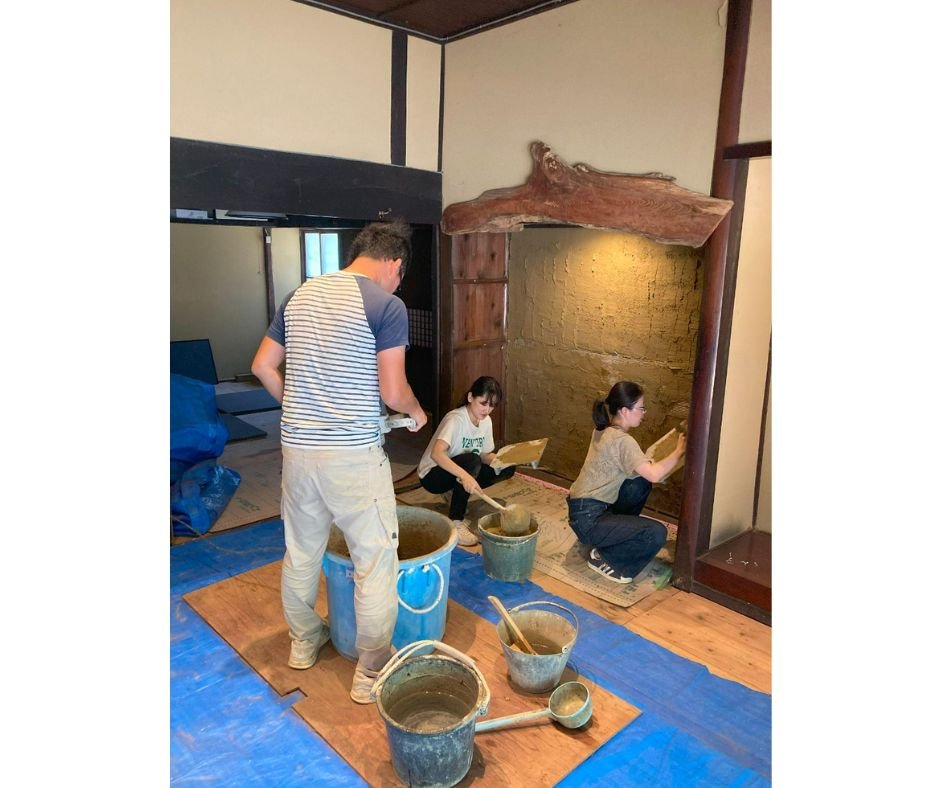
Dynamic practices for building experience of “sharing” and social common capital: House renovation in Tamba-Sasayama with rich “nature”
Various dichotomies are highlighted as causes of current social and environmental issues; such as urban and rural, nature and human, healthy and unhealthy, having more and having less, and so on. For this circumstance, if we look at gradation between two sides and their dynamic aspects in real places, we can find circulations of socio-ecological elements at different spatial scales. It leads us to a direction, “owning which can not be owned” (Okabe, 2021), a basis of our society built-up on “sharing” and “social common capital.” We started to create a student center as an open space in Tamba Sasayama based on these concepts on which we are working. In this presentation, we present our experiences of renovation and discuss future directions on furthering student-village interactions and satoyama management.
-

CHRISTMAS UCHIYAMA
Presenter
Christmas Uchiyama is a research assistant at the Research Institute for Humanity and Nature (RIHN) based in Kyoto.
Chris is also a third year PhD student in Kobe University Graduate School of Agriculture conducting research on Cryptomeria japonica (Sugi) growth in Kyushu. Her major interests are dendrochronology, climate impacts on trees, and sustainability science.
You can find Chris measuring tree rings and slicing wood samples. On weekends, she spends her time in Kitajima, Tamba-Sasayama learning more about nature, gardening, and enjoying talks with neighbors.
-

YUTA UCHIYAMA
Presenter
Yuta Uchiyama is an assistant professor at the Kobe University Graduate School of Human Development and Environment. His major interests are urban-regional planning and GIS. He conducts comprehensive studies on urban-rural linkages and inclusive environmental management towards minimizing socio-ecological gaps and enhancing people’s well-being under uncertain futures.
As conceptual backgrounds, he is interested in dark ecology and public space (e.g. The Production of Space).
Other than teaching and research, he likes cooking, the outdoors, and rivers.
Among our new speakers and panelists we’re excited to announce the addition of Nils Wetterlind and Sam Holden - two remarkable people doing extraordinary things
-
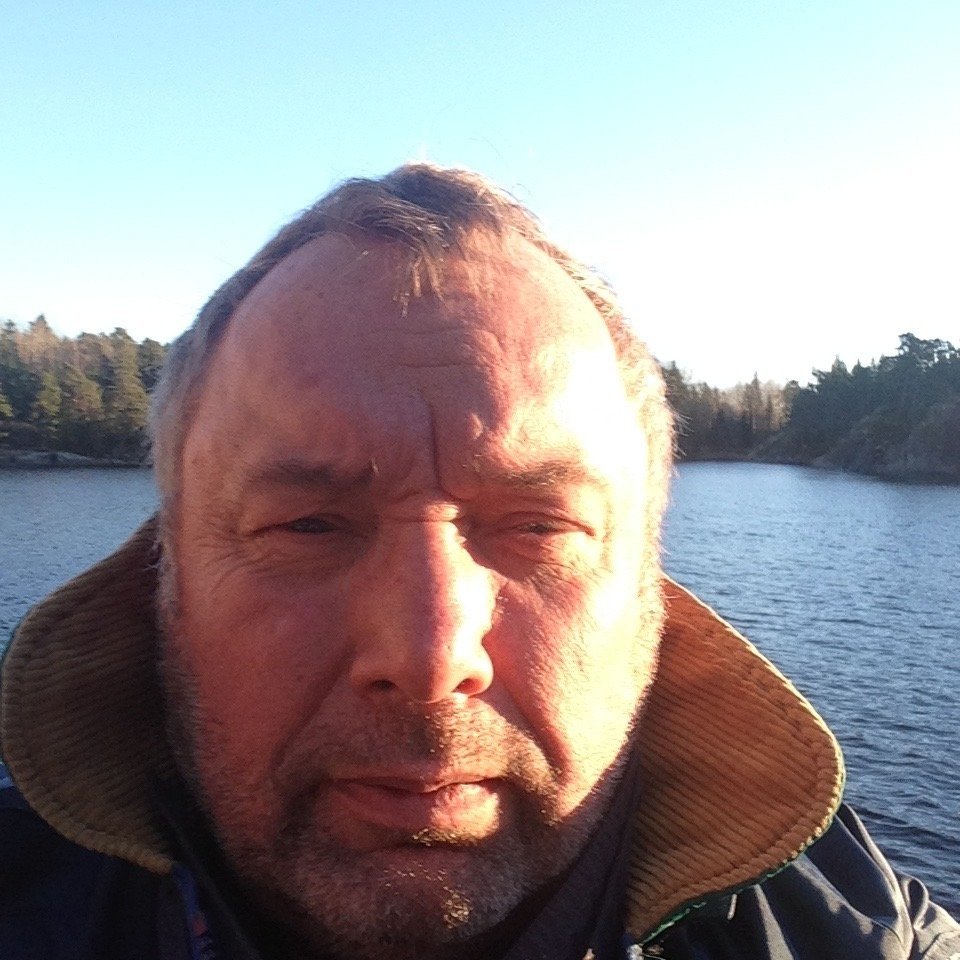
NILS WETTERLIND
Speaker Talk: Saving the Treasures
Nils Wetterlind has worked in real estate his entire career, starting in London in the late 1980s. He has done projects for, amongst others, Hyatt, Four Seasons, Ritz-Carlton and Karma Resorts; he has project managed ski resorts in Austria, golf resorts in Spain and Portugal, beach resorts in Mauritius and several projects in Koh Samui and Phuket. He had his “eco conversion” in Bali, where he was deeply involved with Green School and was the co-developer of Green Village, the world’s first and, so far, only five-star carbon neutral luxury resort, built entirely out of bamboo. He started Heritage Homes Japan in 2019 and has relocated and restored a number of large kominka from Gifu and Niigata to Hakuba and Niseko, and operates a full-service construction, renovation, architecture and real estate firm. In 2023 the company restored 12 machiya in Kyoto and are contracted to double this during 2024.
“Saving the Treasures”
Nils’s presentation asks “How can Japan save its cities and our rural communities with a rapidly declining and aging population?” In this presentation, Nils talks about his lifelong passion for heritage buildings and their enormous importance in our culture. He will put forward the theory that since it is impossible to rescue all of Japan’s ancient buildings, villages and societies, we must focus our efforts on projects that have the greatest chance of long-term success and which will benefit the largest number of people. This requires a multi-pronged approach of heritage preservation, demolition, re-wilding, consolidation of agriculture and tax incentives.
-
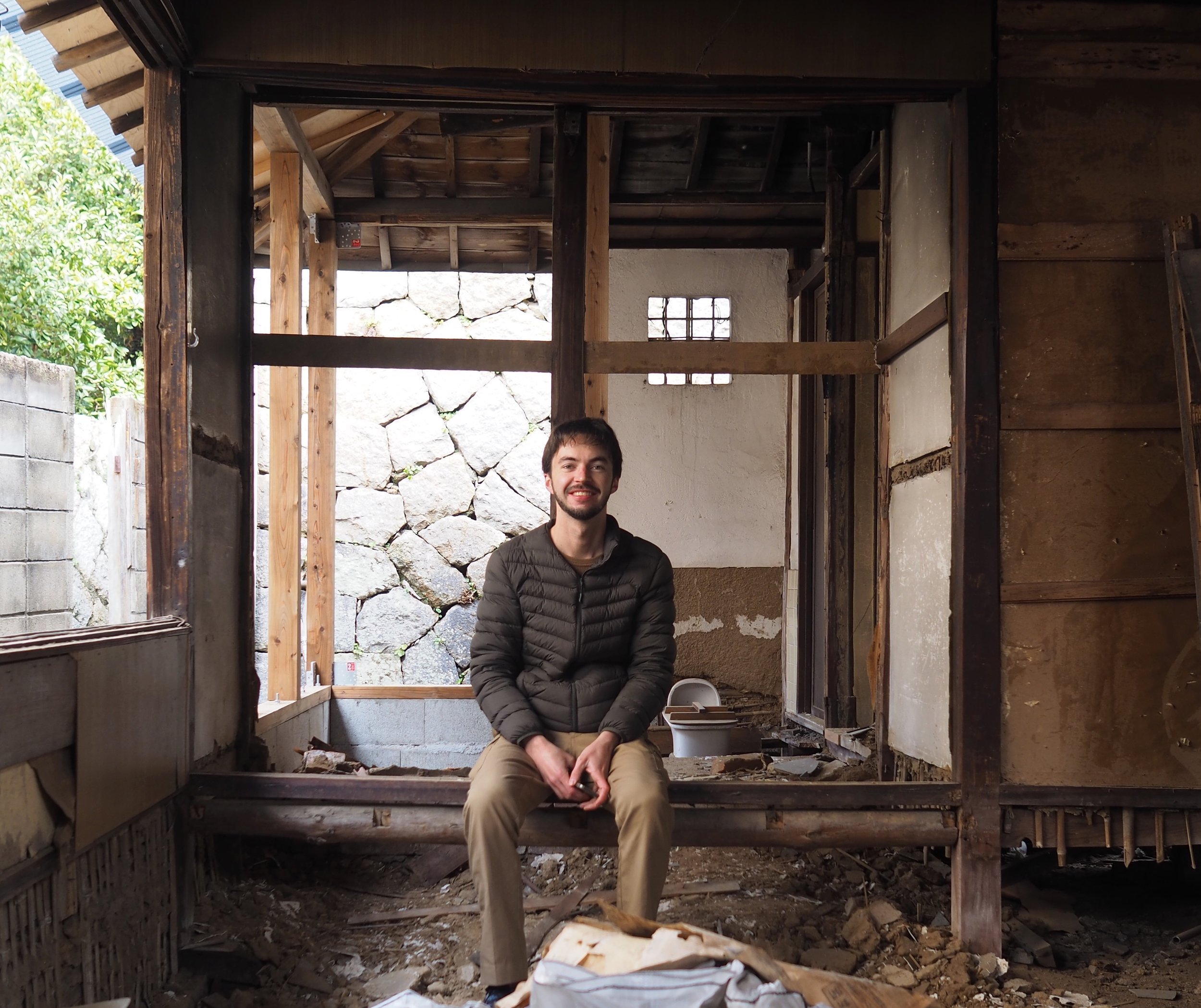
SAM HOLDEN
Panelist: Community Building, Preservation of Old Buildings and Historical Properties, and Passing on Traditional Building Arts in Japan
Sam Holden is an urban activist engaged in preservation and renovation projects in Tokyo and Onomichi, Hiroshima. He also works as a translator and writer. Originally from Denver, Colorado, Sam first came to Japan in 2006-2007. After moving back to Tokyo in 2014, Sam researched renovation while at the University of Tokyo before becoming a practitioner himself. His projects are tied together by an interest in creating common spaces and local communities. His first renovation project, Tokyo Little House turned a 1948 house into a hotel, gallery and cafe and preserved one of the last remaining postwar structures in its central Tokyo neighborhood.
His other Tokyo project, Inari-yu Nagaya, created a new community space in a century-old row house connected to a public bath. This cultural property was restored by his non-profit organization Sento & Neighborhood with funding from the World Monuments Fund.
For the past three years, Sam has also been creating Onomichi Labyrinth House, an ambitious rebuilding of several free houses into an experimental community space to support an aging hillside community in Hiroshima Prefecture. Sam is actively involved in all stages of renovation, from conception and financing, to architectural design and DIY construction.
This will be Sam’s first appearance at the Minka Summit, where he will be sharing his experiences renovating historic structures in different contexts, and his approach to creating essential common spaces by engaging with and fostering local communities.
We are also very excited to welcome Rairaiken and Oyuyama House Studio’s Yufuku and Francis to the Minka Mall! Delicious and healthy food from Keihoku and a space for a lovely humble tea ceremony (the best kind)!
-
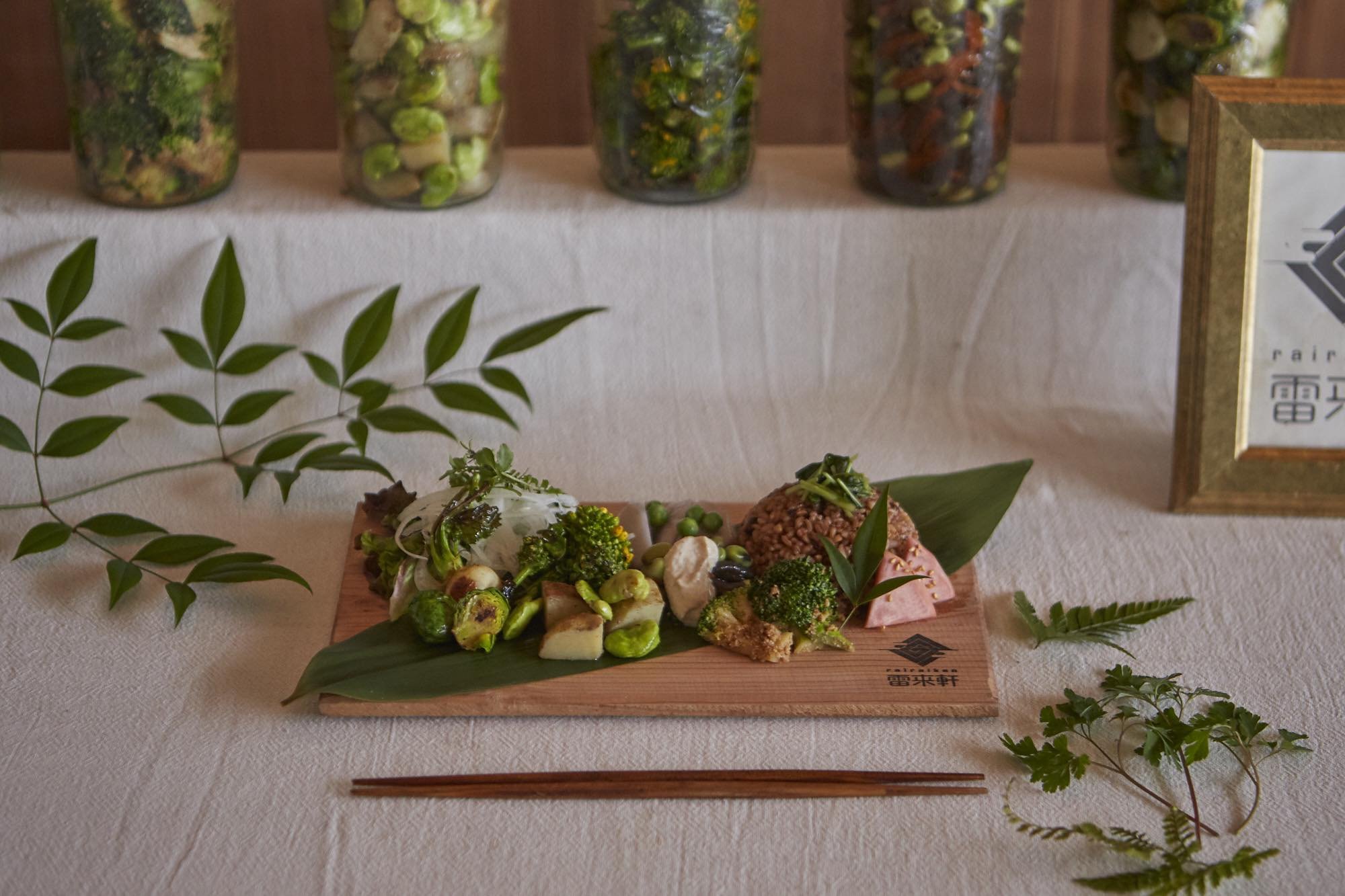
RAIRAIKEN
Minka Mall Food Vendor
Rairaiken. “Nestled in the mountains,” they tell us, “I chose Keihoku as a place with an amazing sense of community and rich natural resources as the perfect place to raise my children after a career in the big city and as a professional spear-fisherman. This environment activates all five senses and brings out the most of what nature has to offer. Rairaiken's motto is ‘To feed the bounties of nature to your most loved ones.’ From my traditional kamado wood stove I use local Keihoku wood, rice and organic vegetables to activate your body's five senses from a gentle whisper to a strong lightning bolt that will connect you back to nature through gastronomy.”
-

OKUYAMA HOUSE STUDIO
A Humble 'Yamaga No Cha No Yu, 山家の茶湯' Tea Ceremony
Yufuko and Francis, two potters living in the deep mountains of Nara Prefecture, will create a space in the Minka Mall for a humble 'yamaga no cha no yu, 山家の茶湯'.
Originally from Berkeley, CA, they are making an art and pottery residency on the grounds of their 300 year old farmhouse.
OkuyamaHouse Studio will also be offering an eleven-day work-trade timber frame post and beam intensive workshop under the guidance of a miyadaiku (temple builder) from March 17 - 27, 2024.
-
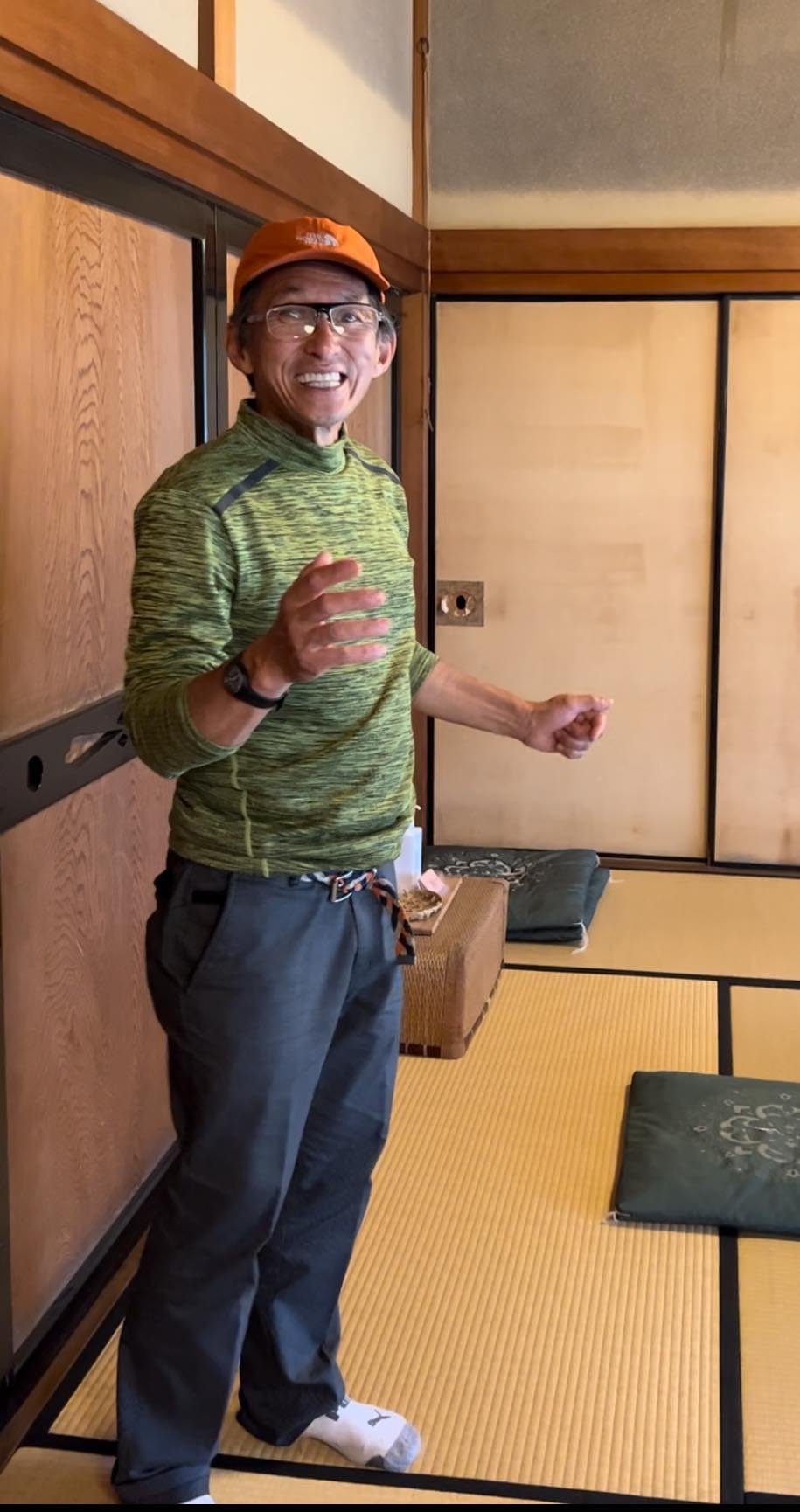
Presentation by Ryosei Kaneko
Ryosei Kaneko is a career carpenter, and he will join Ishii-san, a Keihoku local, to detail all the things you must keep an eye out for when choosing your kominka. This includes elements on the outside, as well as of course structural elements. They will also detail the Japanese septic system, which is a subsidized option that is something all kominka owners will want to consider.
-
.jpg)
Panel Discussion:
Community Building, Preservation of Old Buildings, and Passing on Traditional Building Arts in other Countries with Christopher Ohrstrom, Adam Miller, Koji Toda, Kunito Niwa, and others.
Moderator: Andrea Carlson
-
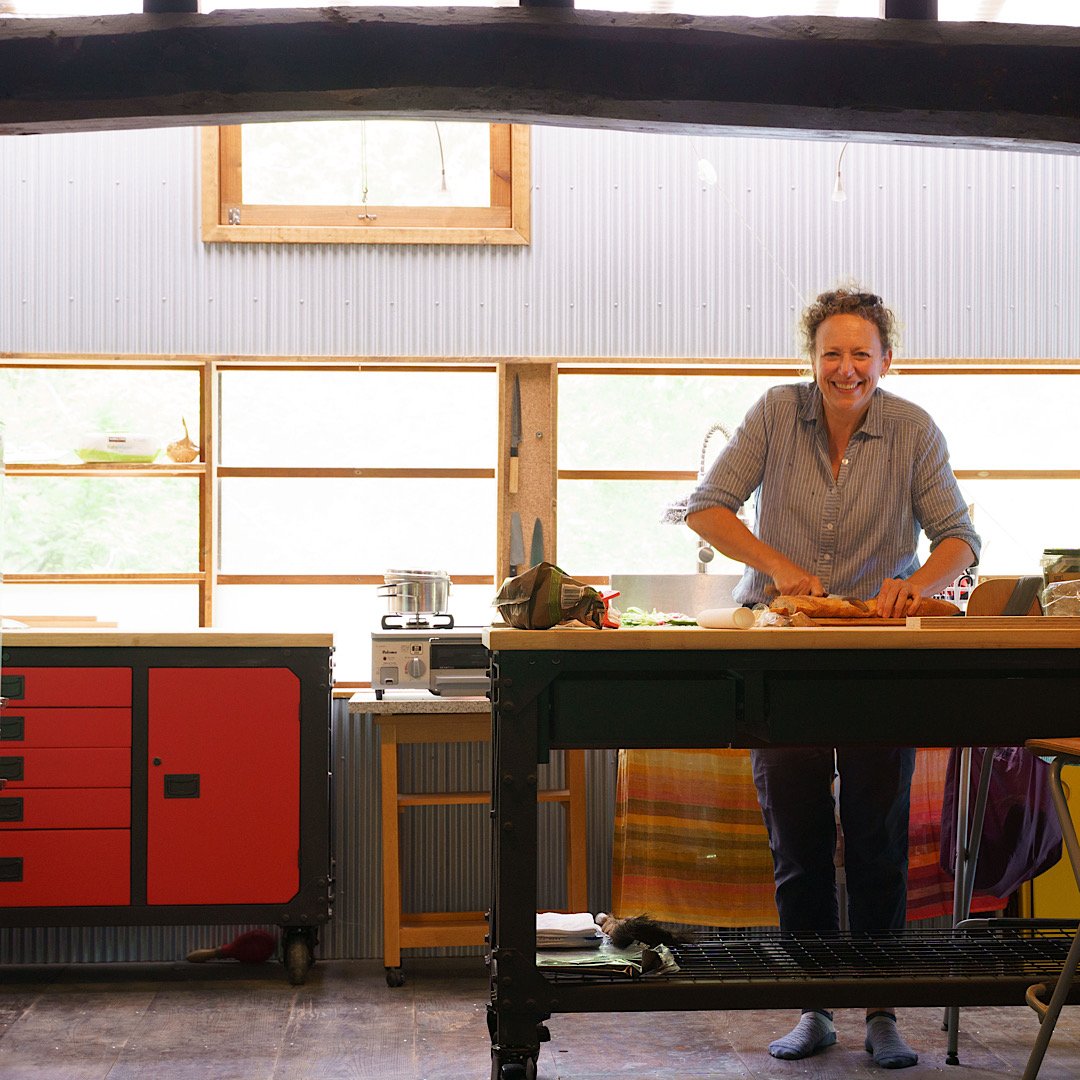
Panel Discussion:
Lessons from Noto – Personal Stories & Disaster Mitigation with Jeremy Phillipps, Myro Bachura, and others.
Moderator: Lauren Scharf
The Minka Undokai (Sports Festival) will be held on Saturday afternoon from 15:00 tp 17:00. Competitors will be randomly grouped into red, blue, or white teams - and the fun will begin. This fun event will include a mix of carpentry-related contests ranging from easy to more difficult.
Kominka Japan is delighted to announce that the 2024 Minka Masters Panel will feature 2022 Keynote Speaker Alex Kerr, 2023 Keynote Speaker Yoshihiro Takishita, and the year’s Keynote Speaker, Azby Brown. The panel will be moderated by Stuart Galbraith IV.
-
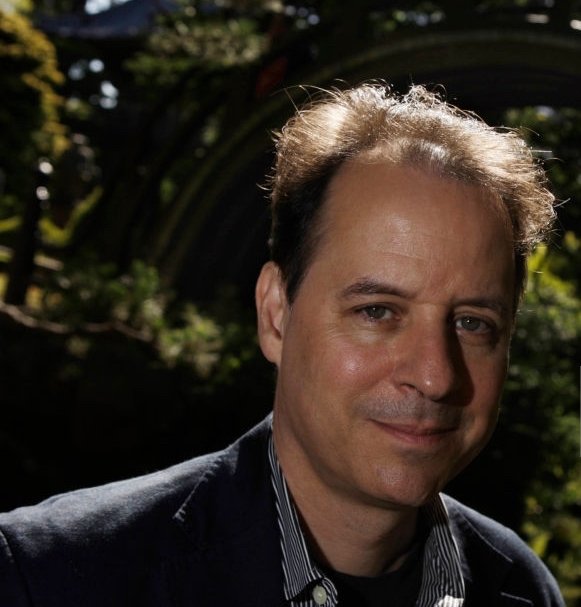
AZBY BROWN
Keynote Speaker
Minka Masters Panel Member
Can restoring a minka really make a difference to local communities and culture? Azby thinks it can. In this talk, he will highlight how minka restoration has been part of efforts around Japan to reinforce local identity, pass down traditional sustainable practices and environmental awareness, and help preserve local culture for the next generations.
About the Presenter
Originally from New Orleans, Azby Brown has lived in Japan since 1985. A widely published author and authority on Japanese architecture, design, and environment, his groundbreaking writings on traditional Japanese carpentry, compact housing, and traditional sustainable practices of Japan have brought these fields to the awareness of Western designers and the public.
In addition to The Genius of Japanese Carpentry, he has written Small Spaces (1993), The Japanese Dream House (2001), The Very Small Home (2005), and Just Enough: Lessons in LivingGgreen fromTraditional Japan (2010). He retired in 2017 from the Kanazawa Institute of Technology, where he founded the Future Design Institute, and is currently on the sculpture faculty of Musashino Art University in Tokyo.
-
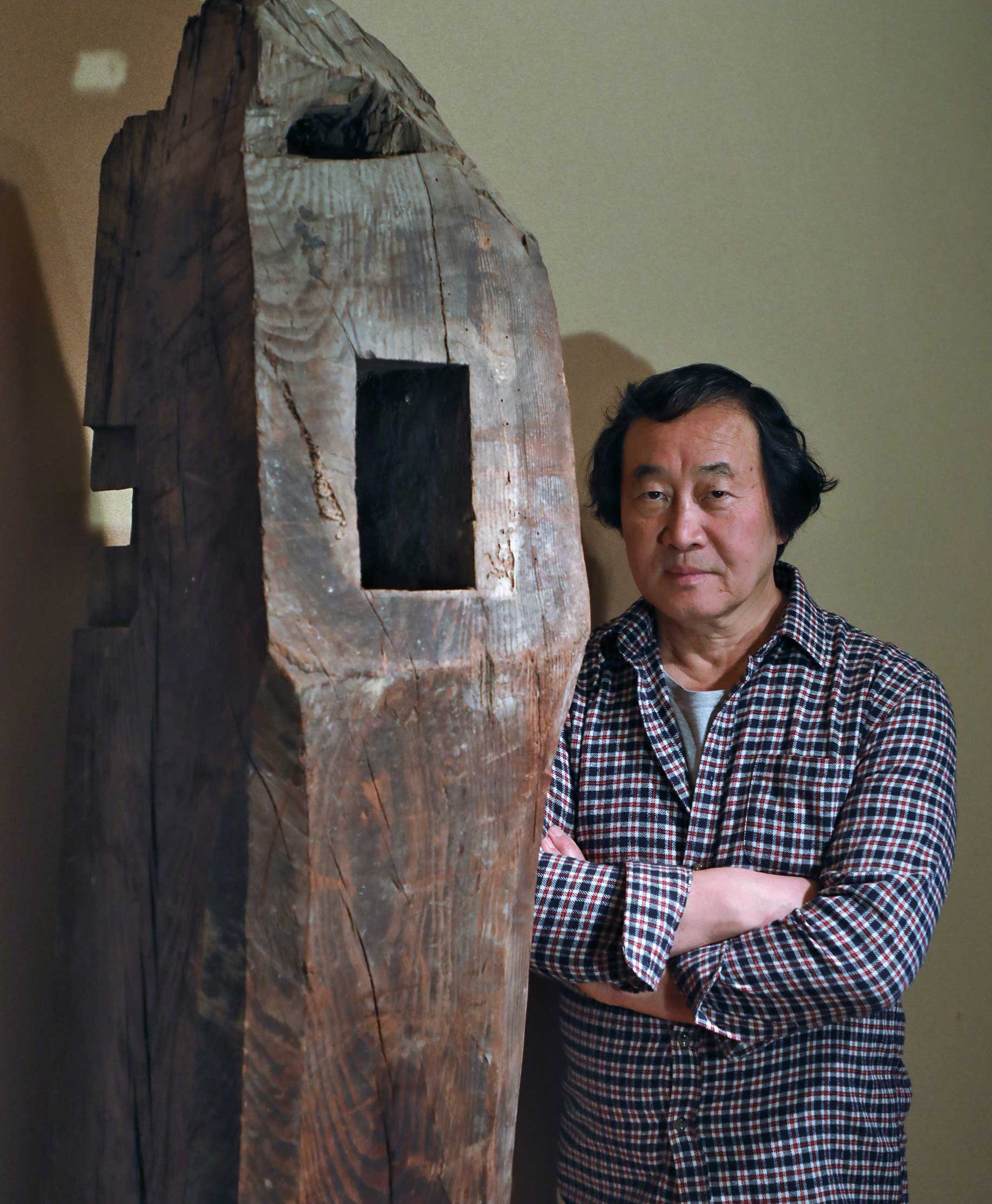
YOSHIHIRO TAKISHITA
Minka Masters Panel Member
Born in Gifu Prefecture in 1945, Takishita was a law student at Waseda University when he and his family befriended John Roderick, a reporter representing the Tokyo Bureau of the Associated Press. Learning that a minka in his hometown was about to be submerged in a reservoir project, they conspired to disassemble and move it to Kamakura, where it was rebuilt and quickly became the Gold Standard for minka restoration and renovation.
After hitchhiking around the world, Takishita established The House of Antiques, selling traditional furniture, screens, ceramics, and other treasures. He also became the preeminent self-taught minka architect, disassembling Gifu minka and rebuilding some 30 of them since 1967, mostly in the Kanto region but as far away as Buenos Aires and Honolulu. Many of these restored minka are featured in Takishita’s Japanese Country Living, an essential book for anyone that loves minka. He is also the focus of Davina Pardo’s documentary short Minka: A Farmhouse in Japan, beautifully adapted from Roderick’s same-named memoirs.
-
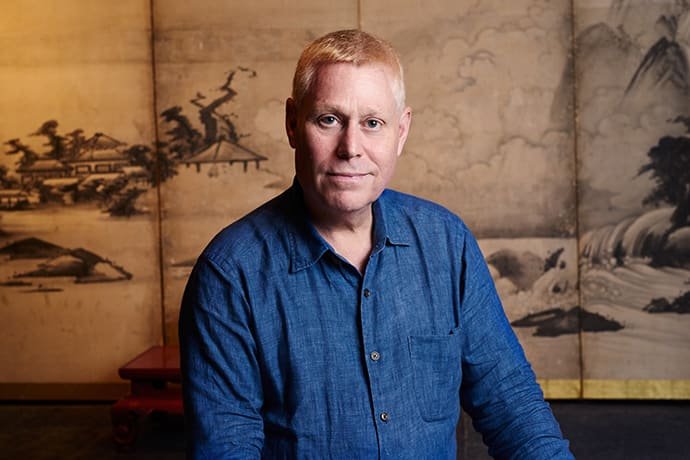
ALEX KERR
Minka Masters Panel Member
Long respected within the kominka community, Alex Kerr is a lifelong advocate of minka preservation and rural community revitalization. His own 300-year-old minka in the Iya Valley, Chiiori, is one of the best-known in all of Japan, and his revitalization efforts in Iya, rooted in sustainable tourism and living in harmony with nature serve as a model for other struggling rural villages.After living in Japan during the mid-1960s, when his naval officer father was stationed in Yokohama, Kerr returned to Japan periodically, discovering the Iya Valley in 1971 and purchasing what would become Chiiori in 1973. He moved to Japan full-time in 1977.
Since Chiiori, Kerr has restored dozens of rural houses throughout Japan. His book Lost Japan (1993) was awarded the Shincho Gakugei Literature Prize for best non-fiction. His subsequent works include Dogs and Demons (2002) and Another Kyoto (with Kathy Arlyn Sokol, 2016).
Watch this space next week for details about some of the fascinating speaker sessions, panel discussions, and workshops we have planned! Here is quick preview.
We thank our corporate sponsors for their very generous support of Minka Summit 2024!

.jpg)

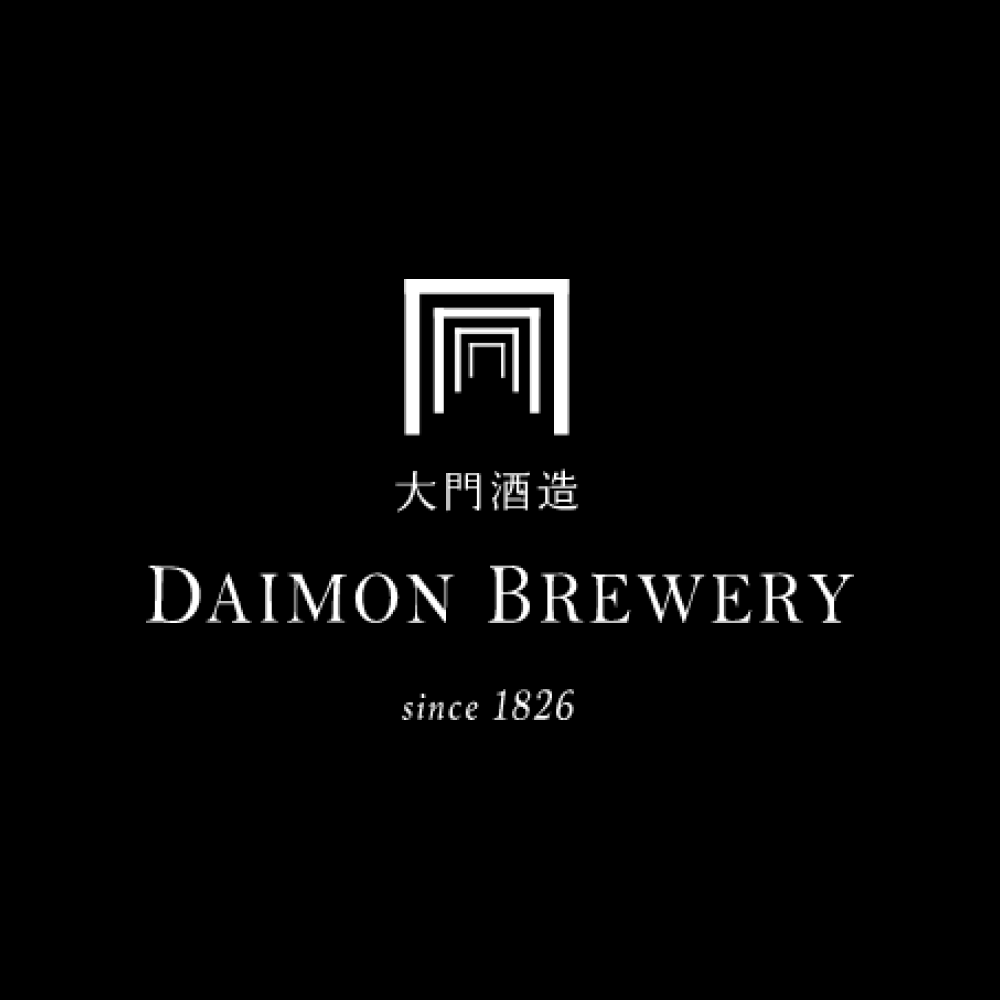

).jpg)
